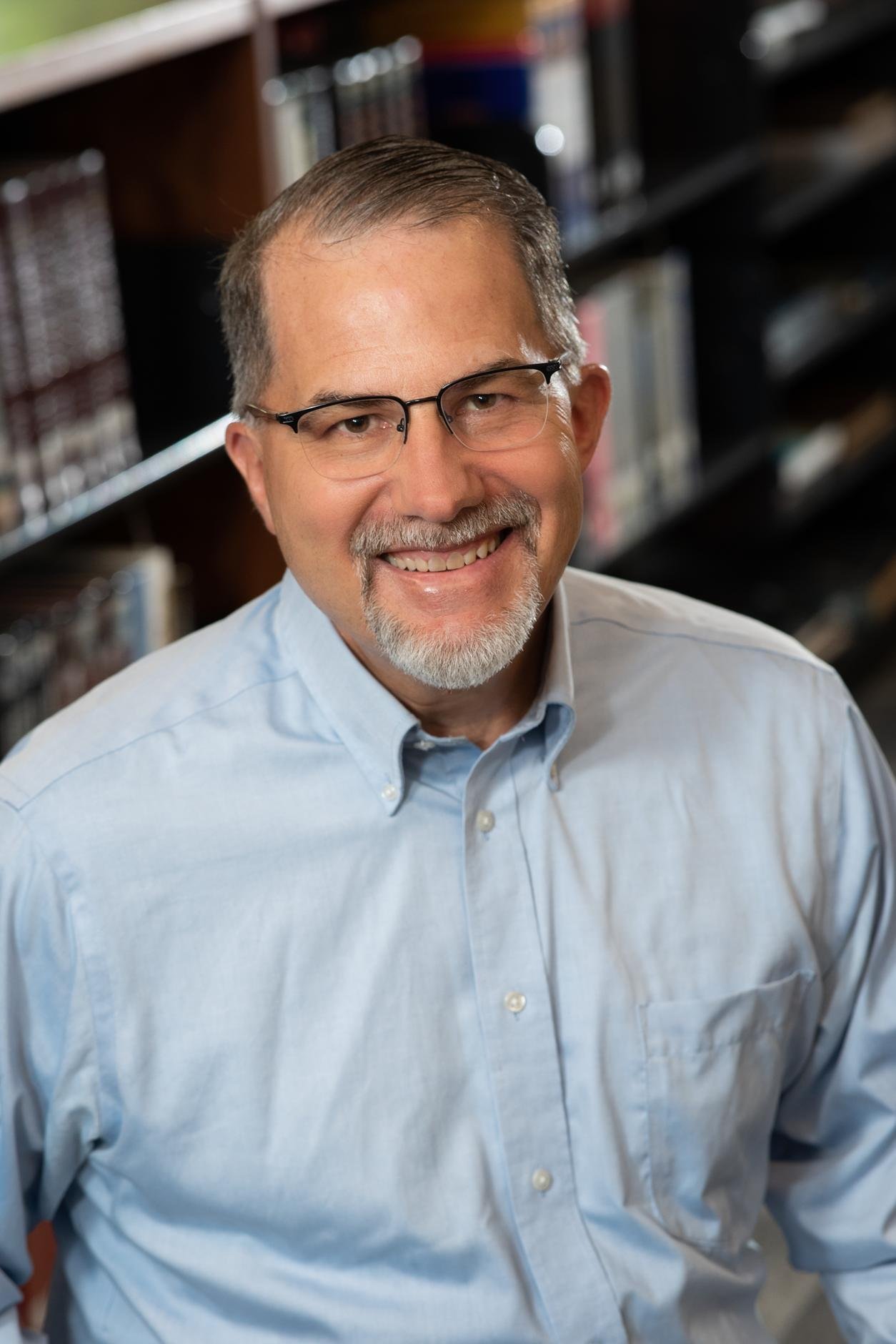Moving Beyond Imagination--but Not Really: A Reflection from Brueggemann’s Biographer
We are grateful for the vast contributions of Dr. Walter Brueggemann to the Church Anew blog and the whole church. As a small way to honor those contributions, we welcomed the opportunity to include this guest post from Dr. Conrad Kanagy, author of the forthcoming Brueggemann biography.
Like many, I first got to know Walter Brueggemann through The Prophetic Imagination (Fortress, 1978). But little did I know, until I began to rummage through the ninety-five or so books since, that there was a lot more to this modern-day prophet. At the same time, I discovered that Walter never moved far beyond The Prophetic Imagination. How can both be true?
In its simplest form, Brueggemann consistently defines a prophetic imagination as the capacity to "see an alternative to the reality that appears in front of us." As we talked during the year while I was writing his biography; I once exclaimed, "Walter, that sounds like faith, like the saints of Hebrews 11 who saw a country not made "with hands!" He chuckled, "You are right." The Prophetic Imagination sold more than one million copies, simply calling God’s people back to the faith of the biblical text. One might argue that since the beginning, the entire God project has been about seeing beyond the "taken-for-granted reality" of our worlds.
I quizzed Walter,"If it all boils down to faith, why don't more of us exhibit this in our lives? In the church?"
"Because," he replied, "it's too costly—it’s easier to be domesticated by the culture around us." The political powers. Celebrity status. Wall Street. Babel. Egypt. Babylon. Trumpism. White nationalism.
Knowing that I could not possibly read all his books, I asked for the core texts of his work. He responded without hesitation: The Prophetic Imagination (Fortress, 1978), Finally Comes the Poet (Fortress, 1989), Psalms and the Life of Faith (1995), Theology of the Old Testament (Fortress, 1997), and Money and Possessions (Westminster, 2016).
For those who only know Brueggemann through The Prophetic Imagination, his identification of these texts is an important gift to those who want to dive deeper. If all his books were considered chapters in one giant reader, these five are the "through-line" from which the others hang. These five provide the arc of Walter's biblical understanding and theologizing. It has remained remarkably consistent while evolving in ways that retain the signature features of cultural relevancy, a serious approach to the biblical text, and a poetic richness.
The consistency comes from the consistent call to imagine God's reality. To see as the saints and prophets of old. That the Promised Land can be taken. That the enemy, not God's people, are grasshopper-sized. That the Red Sea is no more than a mud puddle. That the fiery furnace is but a summer campfire. That Jubilee is freedom for everybody and for all of creation. That the water is wine. That the Roman empire is more vulnerable than it knows. That the cross is actually the back door to Life.
The evolution in Brueggemann's thought is the centrality of the economy to the fulfillment of God's eschatology. Deeply influenced by scholar Douglass Meeks, a former colleague at Eden Seminary, by the various liberation theologists, and by tackling Marxist themes of power and marginality, it is no accident that across these five core texts, Brueggemann's rhetoric against the empire, royal consciousness, domestication, and the captivity of God's people grew to a crescendo. The fifth book, Money and Possessions, carries the full freight of Brueggemann's expression of liberation theology. But between The Prophetic Imagination and Money and Possessions, there is much fun to be had for the lay reader, pastor, preacher, and scholar.
Finally Comes the Poet: Daring Speech for Proclamation is based upon Brueggemann's Beecher Lectures at Yale Divinity School. "I love this book," he says, "for the simple exposition of texts in trying to argue that preaching should not be didactic but that it should be an act of imagination that keeps opening out the world to new possibilities of God's governance." It is the daring, costly, and dangerous preaching of the prophetic imagination too often missing in the pulpit!
The Psalms and the Life of Faith represent Brueggemann's nearly career-long exegesis of the Psalms, a project likely to be considered his most important contribution to the church. His formation of the three-fold typology of orientation, disorientation, and reorientation by which to interpret the Psalms has become the dominant exegetical mode for preachers of the Psalms. "I hope," says Walter, "that I am most remembered for my work on the Psalms of lament." Despite the warmth of his smile, the genuine pastoral care for others, and his intentional formation of compassionate communities wherever he went, the man carried a level of pain unknown to many but which he was able to honestly address with God as he wrote, prayed, and reflected on the lament of prophets and psalmists. His honest expression of lament as he got in God's face and "demanded that God remember to be God" is a gift to those of us taught by the church to hold our pain and trauma from a deity too small to handle it.
Brueggemann's Theology of the Old Testament: Testimony, Dispute, Advocacy (1997) is a massive effort that shows the depth and breadth of his knowledge of the Biblical canon and his capacity to interpret it. He utilizes the metaphor of a courtroom's dialectic movement between core testimony and counter-testimony to illustrate God's ongoing dialogic relationship with God's people. The core testimony of Israel is faith, and counter-testimony is the hidden layers of God's testimony. Said Walter, "We have to see that God is a very complex character who cannot be easily subsumed in any particular adjective. That God has a spectrum of emotional responses of which God is capable. And this is another act of imagination."
The act of imagination never ceases, for God or for the pilgrim walking through "the valley of the shadow of death" who is crazy enough to believe that light will shine again, that the lion will lie with the lamb, and that all of creation will sing for us as we finally "go out in joy and are led forth in peace."
Dr. Conrad Kanagy
Conrad L. Kanagy is professor of sociology at Elizabethtown College, Pennsylvania. He holds an undergraduate degree from Wheaton College (Illinois) and a PhD from Penn State. He is the author of eight books and numerous scholarly articles. His primary area of expertise is American and global Christianity.
Dr. Kanagy’s theological biography of Walter Bruggemann entitled, “Walter Brueggemann's Prophetic Imagination” is available for pre-order and will be released on October 24, 2023.



